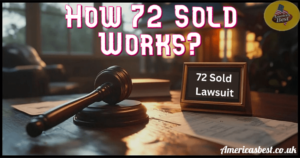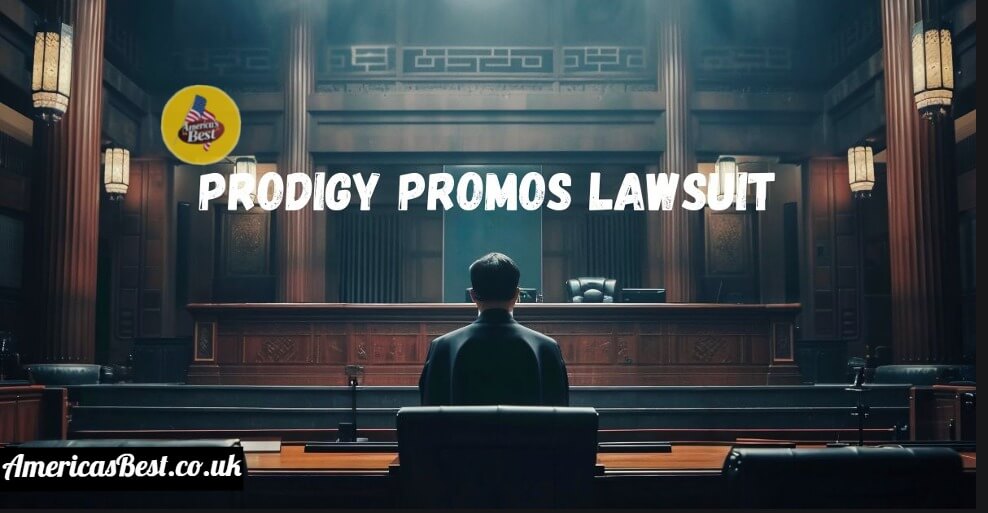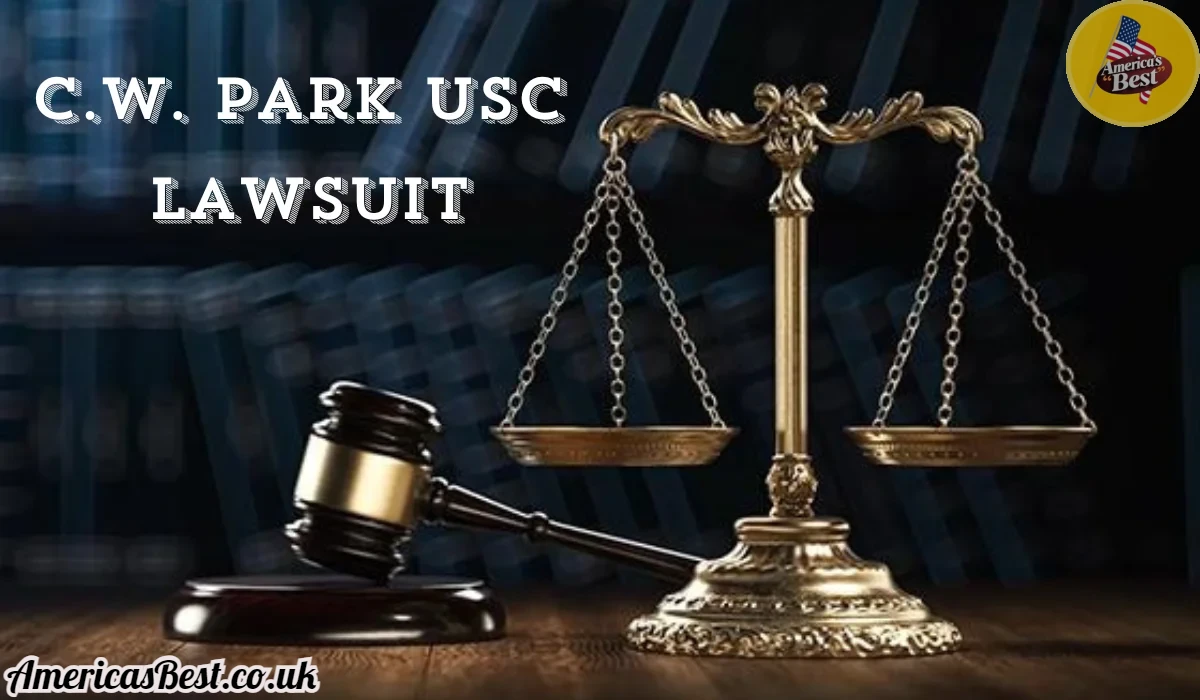72 Sold Lawsuit: An In-Depth Look at the Legal Controversy
Introduction
The real estate industry is no stranger to legal battles, but the lawsuit filed against 72 Sold has grabbed significant attention due to its unique business model and the widespread impact it has had on homeowners and real estate agents alike.
This article delves into the details of the lawsuit, explores the allegations, and examines the potential outcomes and lessons learned from this ongoing legal issue.
Understanding the 72 Sold Business Model
72 Sold entered the real estate market with a bold promise: to sell homes faster than traditional methods. The company’s business model is built around the concept of quick sales, which appeals to homeowners looking to avoid the long process of selling a house through traditional real estate channels.
How 72 Sold Works?

The 72 Sold process claims to offer a hassle-free and fast home-selling experience. Homeowners are encouraged to sign up for their service, where they receive an offer within 72 hours. The idea is to sell properties quickly by focusing on efficiency, competitive pricing, and eliminating many of the steps that traditionally slow down real estate transactions.
The Appeal of Quick Home Sales
For many homeowners, especially those who need to relocate quickly or who are looking to avoid the stress of open houses and negotiations, the 72 Sold business model is highly attractive. The promise of a fast sale at a fair market price can seem too good to pass up.
The Legal Issues Surrounding 72 Sold
Despite its appeal, 72 Sold has recently faced legal troubles. Several homeowners and real estate professionals have raised concerns about the company’s practices, leading to a lawsuit that could have far-reaching consequences.
Allegations Against 72 Sold
The lawsuit brings forward a variety of allegations against 72 Sold, ranging from misleading advertising to contractual disputes. These claims raise questions about the integrity of the company’s marketing and sales strategies.
Misleading Advertising Claims
One of the key allegations is that 72 Sold’s advertising misrepresents the speed and ease of their service. Some customers claim that the company’s marketing led them to believe they would get a better deal or faster sale than what was realistically achievable.
Alleged Breach of Contract
In addition to advertising issues, there are allegations that 72 Sold has breached contracts with homeowners. Some claim they were locked into agreements that were difficult to exit, and that they were not fully informed of the terms of the contracts they signed.
The Lawsuit Filed Against 72 Sold
The legal action against 72 Sold is centered on these allegations. The lawsuit was filed by several plaintiffs who claim they were misled by the company’s business practices.
Who Filed the Lawsuit?
The plaintiffs in the case include homeowners who used the service and were dissatisfied with the outcome, as well as real estate professionals who believe 72 Sold’s practices are unethical.
Legal Grounds for the Lawsuit
The lawsuit accuses 72 Sold of false advertising, breach of contract, and failing to comply with state real estate laws. The plaintiffs seek financial compensation and legal reform to ensure that the company is held accountable for its actions.
The Impact of the Lawsuit on the Real Estate Market
The 72 Sold lawsuit has sent ripples throughout the real estate industry, raising concerns among both consumers and professionals about the validity of similar home-selling services.
Effects on Home Sellers and Buyers
Homeowners who were considering using 72 Sold may now think twice, while those who have already used the service may be re-evaluating their experiences. This lawsuit could lead to more scrutiny of similar companies that offer quick-sale models.
Real Estate Agents’ Concerns
Traditional real estate agents have also expressed concerns about the rise of companies like 72 Sold. Many believe these services undermine the value of full-service real estate professionals, and the lawsuit highlights the potential risks of such business models.
72 Sold’s Response to the Lawsuit
In the face of these allegations, 72 Sold has not remained silent. The company has made several public statements defending its business practices and addressing the lawsuit.
Official Statements from 72 Sold
72 Sold has issued official responses denying the allegations made in the lawsuit. They claim that their advertising is accurate and that they have always operated within the bounds of the law.
Defending Their Business Practices
The company maintains that their fast-sale model benefits homeowners and that any negative experiences are outliers rather than the norm. They argue that they offer a valuable service to those looking for a quick and efficient way to sell their homes.
Legal Outcomes and Possible Consequences
The lawsuit against 72 Sold is still ongoing, but the potential outcomes could have a significant impact on the real estate industry.
Potential Court Rulings
If the court rules in favor of the plaintiffs, 72 Sold could face financial penalties and be required to change its advertising and contract practices. This could set a precedent for other companies offering similar services.
What This Means for Future Home-Selling Services
A ruling against 72 Sold could lead to increased regulation of home-selling companies, ensuring that consumers are better protected and that real estate transactions remain transparent.
Public Reaction to the 72 Sold Lawsuit
The lawsuit has sparked considerable debate among homeowners, real estate professionals, and legal experts.
Feedback from Homeowners
Many homeowners who have used 72 Sold are now sharing their experiences, with some expressing satisfaction and others feeling misled. This mix of opinions has fueled the controversy surrounding the case.
Legal Experts Weigh In
Legal professionals have weighed in on the lawsuit, noting that it raises important questions about consumer protection and the ethics of fast-sale real estate services. Some experts believe this case could lead to significant changes in the industry.
Lessons Learned from the 72 Sold Lawsuit
There are important takeaways from this legal case that both homeowners and real estate professionals should consider.
Transparency in Real Estate Transactions
One of the key lessons from this lawsuit is the importance of transparency. Homeowners should always fully understand the terms of any agreement they sign, especially when it comes to selling their property.
Importance of Legal Compliance for Real Estate Companies
For real estate companies, the 72 Sold lawsuit highlights the need to comply with all legal and ethical standards. Misleading advertising and unclear contracts can lead to serious legal consequences.
Conclusion
The 72 Sold lawsuit is a reminder of the complexities and potential pitfalls in the real estate industry.
While quick-sale models may appeal to homeowners in need of fast transactions, companies must operate with transparency and integrity.
As the case unfolds, it will be interesting to see how it shapes the future of home-selling services and consumer protection in real estate.



